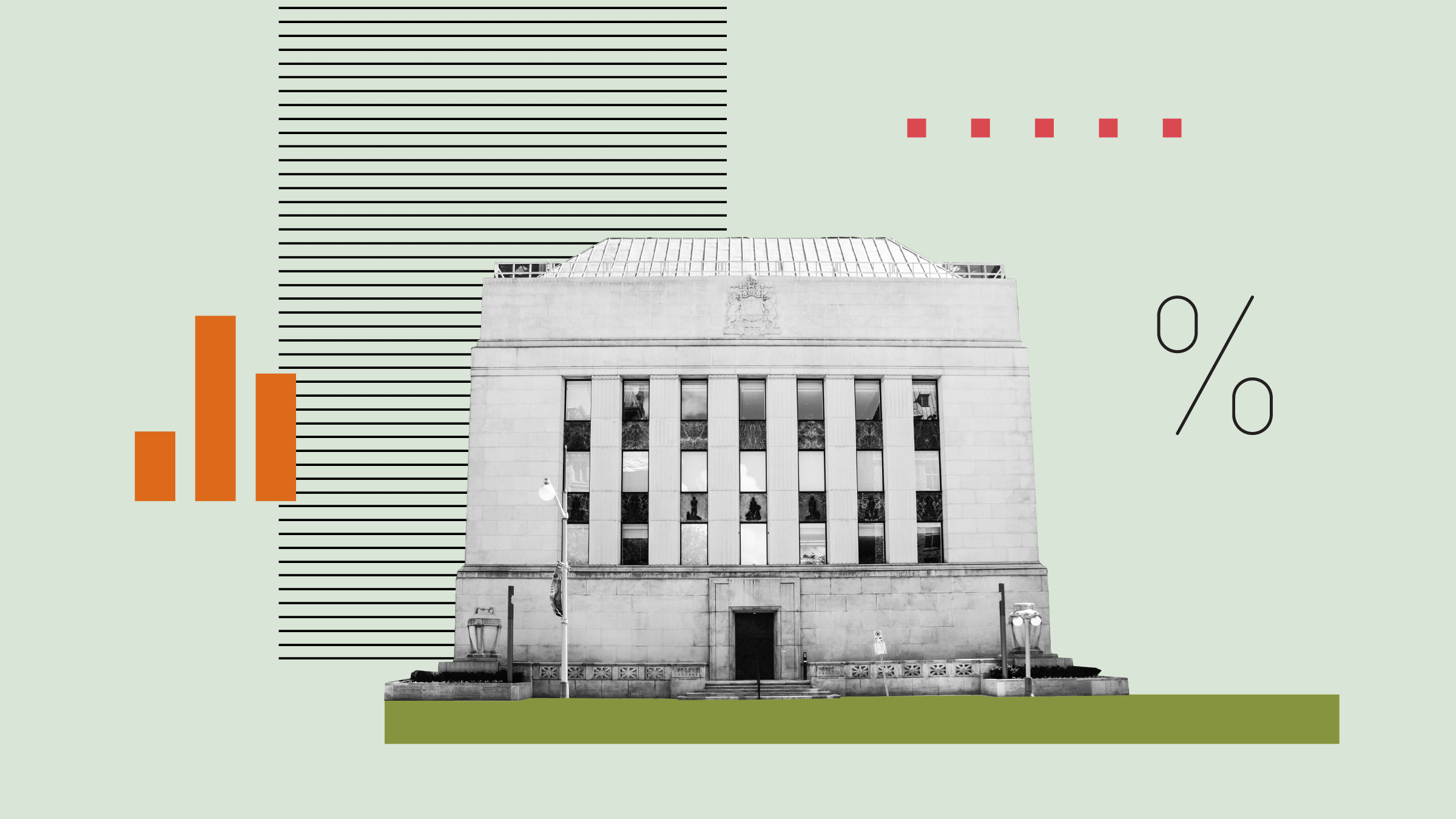Britain's June 23 vote to leave the European Union created "wonderful opportunities" for bargain-hunting, says portfolio manager David Moss, who oversees BMO European.
"Some stocks got clearly oversold, caught in that sort of fear factor," says Moss, who is based in London and is the head of European equities at BMO Global Asset Management (EMEA). "We invested in a couple of businesses that we'd been watching and took advantage of the market weakness."
Post-Brexit, Moss and his team added companies to the portfolio that met BMO's strategy of investing in quality businesses with attractive growth characteristics and reasonable valuations.
One of them is Kingspan Group PLC (KGSPY), a Dublin-based insulation company. The investment team had researched and liked the business for a long while but believed that the valuations were too expensive. "The day before Brexit, Kingspan was trading at 25 euros," Moss recalls. "Two days later it was trading just above 18 euros, so a pretty precipitous fall. We bought it in early July when the share price was still below 20 euros." The share price has since risen to around 23 euros.
Moss praises Kingspan for its high market share in Europe and its dominance in the U.S., where it's the number one player in the market. "This is a great long-term growth story," he says, "and it took short-term volatility to buy for our clients."
Market weakness also provided opportunities to add to existing positions in the BMO team's high-conviction holdings such as the Norwegian banking group DnB ASA (DNBHF). "DnB is the largest bank in Norway," says Moss, noting that Norway is a major oil producer and a very wealthy country.
"As always, the market tends to react where news flows," says Moss, "and we saw DnB earlier this year become a poor performer as the market fretted about oil losses. This is a bank that through 2008 and 2009 still reported profits for the entire period and we believe they're still a strong force with profitability and will still pay a strong dividend."
DnB is an example of how BMO's fundamental, bottom-up process works within the financial sector, which represents 22% of the portfolio. "I wouldn't say we favour the financial sector," says Moss. "We think there are some businesses in the financial sector that have good long-term growth characteristics that we can buy at very attractive prices."
Moss believes the Brexit vote will have far-reaching implications and volatility for European financials and several UK banks, including ![]() Barclays (BCS) and
Barclays (BCS) and ![]() Royal Bank of Scotland (RBS). For that reason, a global presence is desirable for financial-services companies. One such BMO holding is Allianz (AZSEY), a German-based insurance company. "They have a reasonable business in Germany," says Moss, "because they are the number one company in both life and non-life insurance, but they are also a global business. They have a big business in the U.S. and businesses all over the rest of Europe and the world."
Royal Bank of Scotland (RBS). For that reason, a global presence is desirable for financial-services companies. One such BMO holding is Allianz (AZSEY), a German-based insurance company. "They have a reasonable business in Germany," says Moss, "because they are the number one company in both life and non-life insurance, but they are also a global business. They have a big business in the U.S. and businesses all over the rest of Europe and the world."
From a valuation perspective, Moss thinks European companies are cheaper than North American ones at this time but are probably more expensive than those domiciled in emerging markets. He notes that the U.S. has been economically stronger than Europe and that valuations of U.S. stocks have always been a bit more expensive.
Moss says most European companies that have done well over the last seven or eight years, despite multiple challenges, have done so because they are stable global businesses. Among them is a top 10 holding, ![]() GlaxoSmithKline PLC (GSK), a UK-based pharmaceutical company.
GlaxoSmithKline PLC (GSK), a UK-based pharmaceutical company.
GlaxoSmithKline illustrates the BMO team's focus on global leaders, rather than where a company's head office is domiciled. "The UK is where they started," says Moss, "but clearly it's a global pharmaceutical company that makes most of its money in the U.S."
Part of the BMO team's ongoing risk-management strategy is diversification across countries, sectors, industries and styles, so the portfolio is not skewed in any one area. For example, the team looks for quality businesses, "but we wouldn't just want to own very high quality all the time," says Moss. "That doesn't give us the best diversification."
As for the long-term impact of Brexit, "our guess so far is we don't know yet," says Moss. The repercussions depend on myriad factors such as a formal yes vote to exit the European Union, how long the negotiations will take, and whether the parties to the negotiations take a hard or a soft-line approach.
Looking ahead, "there's lots of news flow," says Moss, "whether it's Brexit or ![]() Deutsche Bank (DB) or Italian elections, whatever it may be. I understand that on the other side of the Atlantic it's difficult to know what's going on. We would never say there's not lots going on and that there are not a lot of risks. What we will say it that it's possible to buy some really great, global-leading businesses, because Europe's cheaper than many other markets."
Deutsche Bank (DB) or Italian elections, whatever it may be. I understand that on the other side of the Atlantic it's difficult to know what's going on. We would never say there's not lots going on and that there are not a lot of risks. What we will say it that it's possible to buy some really great, global-leading businesses, because Europe's cheaper than many other markets."


















